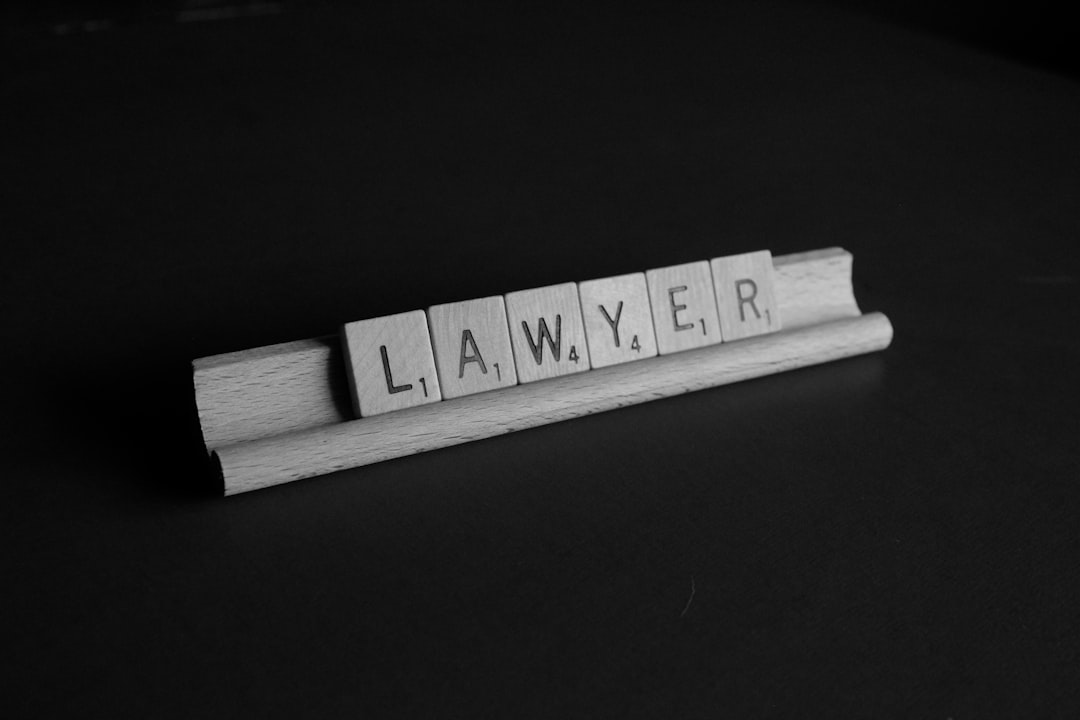The attorney-client privilege is a critical shield for sexual abuse victims in Baltimore County, Maryland, enabling them to disclose their traumatic experiences without fear of exposure. This legal principle ensures confidential communication between survivors and their lawyers, fostering trust and encouraging the sharing of sensitive details like dates, locations, and identities. Sexual abuse lawyers in Baltimore MD leverage this privilege to build robust cases, empowering victims to come forward and hold perpetrators accountable while promoting healing. Understanding the role of attorney-client privilege is essential for those seeking specialized legal representation in navigating the complex system and ensuring justice for endured trauma.
In Baltimore County, understanding attorney-client privilege is paramount in sexual abuse cases. This legal doctrine safeguards confidential communications between clients and their attorneys, ensuring a safe space to discuss sensitive matters. Our article demystifies this privilege, highlighting its crucial role in protecting victims and guiding lawyers. We explore key aspects: from the definition of privilege to its application, challenges, and ethical considerations specific to sexual abuse cases involving Baltimore MD lawyers.
What is Attorney-Client Privilege?
Attorney-Client Privilege is a fundamental concept in the legal field that safeguards confidential communication between an attorney and their client. This privilege holds that, during the course of their professional relationship, attorneys cannot be forced to disclose information shared with them by their clients. For sexual abuse cases in Baltimore County, this privilege plays a crucial role in ensuring victims can seek justice without fear of exposing private details.
When a victim of sexual abuse consults a lawyer in Baltimore MD for legal guidance, the discussions that take place remain strictly confidential. This includes not only conversations but also any documents or evidence shared during the attorney-client relationship. The privilege is designed to foster trust and encourage victims to come forward, knowing their stories and details of the abuse will be protected from public disclosure.
The Significance of Privilege in Sexual Abuse Cases
In sexual abuse cases, Attorney-Client Privilege plays a pivotal role in ensuring victims receive justice and support. This legal principle shields communications between an attorney and their client from being revealed in court, fostering trust and encouraging open discussions. For survivors of sexual assault in Baltimore County, seeking legal counsel is often a crucial step towards healing and holding perpetrators accountable. A skilled sexual abuse lawyer in Baltimore MD understands the delicate nature of these cases and leverages privilege to protect sensitive information shared by clients.
Understanding privilege is essential for victims navigating the complex legal system. It empowers them to disclose details of their experiences without fear of exposure, enabling lawyers to build robust cases. For sexual abuse survivors, this confidentiality is life-saving, encouraging them to come forward and pursue justice for the trauma they’ve endured.
Applying the Privilege: When and How It Protects Confidentiality
In sexual abuse cases, the attorney-client privilege plays a critical role in ensuring confidential communication between victims and their lawyers. This privilege allows victims to share sensitive details about their experiences freely, knowing that this information will remain protected from disclosure. When a victim of sexual abuse consults a lawyer in Baltimore County for legal advice regarding their case, the attorney-client relationship is established, triggering the application of this privilege.
The privilege protects confidential information exchanged between the client and attorney during the course of their professional relationship. For sexual abuse lawyers in Baltimore MD, this means that any details revealed by the victim about the abuse, including dates, locations, and identities, are kept strictly confidential. It also extends to discussions regarding potential legal strategies, evidence gathering, and decisions made jointly by the client and lawyer. Understanding and applying this privilege is essential for creating a safe space for victims to come forward and seek justice.
Challenges and Limitations: Overcoming Barriers to Privacy
In Baltimore County, navigating the complexities of sexual abuse cases often presents significant challenges when it comes to maintaining client privacy. Attorney-client privilege is a cornerstone of legal ethics, designed to foster trust and confidentiality between lawyer and client. However, in highly sensitive sexual abuse cases, this privilege faces unique barriers. One primary concern is the potential for evidence to surface in unexpected ways, as victims may have discussed details of their experiences with various professionals before engaging a lawyer.
Overcoming these privacy obstacles requires careful consideration. Attorneys representing sexual abuse victims in Baltimore MD must be adept at ensuring client confidentiality while managing relevant records securely. This involves implementing stringent data protection measures and utilizing secure communication channels. Additionally, educating clients about their rights regarding privilege and the importance of preserving evidence is crucial. Such proactive steps are essential to safeguard privacy, enable effective legal representation, and ultimately support the healing process for victims.
Navigating Legal Ethics: Responsibilities of Lawyers in Baltimore County
In Baltimore County, as in many jurisdictions, attorneys face a delicate balance when handling cases involving sexual abuse. Navigating legal ethics and maintaining client confidentiality are paramount. Lawyers representing victims of sexual abuse must uphold the highest standards of professional conduct to ensure their clients’ trust and protect their rights.
These responsibilities include maintaining client-attorney privilege, ensuring all communications remain confidential, and avoiding any actions that could compromise the integrity of the case or expose their client to further harm. For sexual abuse lawyers in Baltimore MD, this means being vigilant against potential conflicts of interest, meticulously documenting interactions, and adhering strictly to ethical guidelines set forth by local and national bar associations.






